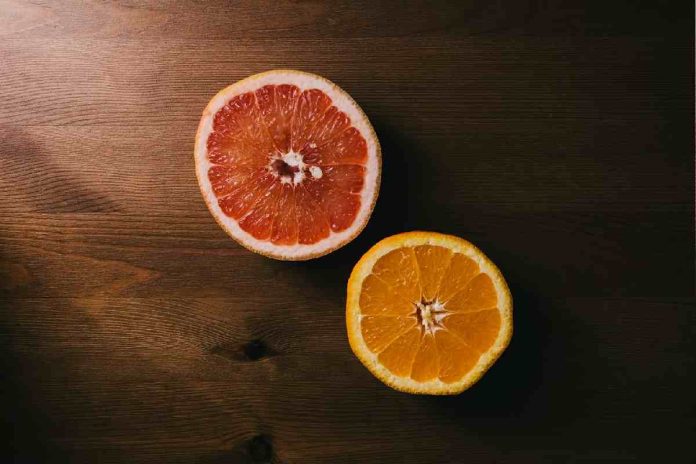Vitamins are very necessary for the maintenance of the perfect metabolism of the body. Vitamins can be interpreted as bio-molecules that serve as catalysts in chemical reactions. Vitamins are attached to enzymes when they act as catalysts. They are known as cofactors. Vitamins function as co-enzymes by carrying chemical groups between enzymes. Various types of vitamins have been discovered till now. Among them, vitamin A, vitamin C, vitamin D, vitamin E and vitamin K are the most popular.
Benefits of Vitamins in Diet for body
Vitamins in diet are essential for the normal growth and development of the body. Even the fetus in the mother’s womb develops absorbing the various vitamins. The vitamins enable chemical reactions that help in the development and growth of bone, muscle and skin. After the formation and growth of a multicellular organism, there is the requirement of developing a multi-cellular life form. The vitamins also help in the processing of proteins, fats, carbohydrates and fats. A deficiency in any of the vitamins may lead to the development of a serious disease from the beginning.
Importance of Vitamins
Vitamins in diet are generally absorbed in the body with various foods. Some exclusive vitamins like vitamin K and biotin, are produced naturally in the skin with the help of the ultraviolet rays of the sun. Humans can produce some vitamins from the precursors they consume. Vitamin A is produced from beta carotene and niacin is synthesized from the amino acid tryptophan. Vitamin A popularly called ‘Retinol’ is a fat-soluble vitamin. Vitamin A helps in the maintenance of healthy skin and firm mucous membranes. Vitamin A protects the skin from infection and sunburn. It enables good vision preventing from night blindness, Vitamin A can be derived from foods like cheese, dark green vegetables, milk, cod liver oil, pumpkin, carrots, papayas, butter, and mangoes.
The water-soluble Vitamin B1 provides normal appetite and digestion. It helps in maintaining a healthy nervous system. The chemical name of Vitamin B1 is Thiamine. It should be consumed at 1.2 mg per day. Vitamin B1 is available in meat, cereal,wheat-germ poultry, fish, eggs, leafy vegetables and yeast. A deficiency of the vitamin may cause beriberi. Vitamin B2 or Riboflavin helps in maintaining healthy skin, tongue and lips. Vitamin B2 is available in foods like fish, poultry, eggs, milk, and cod liver oil. The deficiency of Vitamin B3 or niacin may lead to pellagra.
Source of Vitamins
Vitamin C helps in the development of tissue cells, healthy bones, teeth and blood vessels. It also helps in the speedy recovery of wounds and broken bones. The vitamin can be absorbed from oranges, lemons, limes, grapefruits, green peppers, spinach, lettuce cauliflower, chilies, tomatoes, melons and guavas. Vitamin D is ideal for the strengthening of bones, muscles and teeth. Vitamin E helps in red blood cell formation. The vitamin protects cell membranes from damage caused by excessive fat burning. The vitamin can be absorbed from vegetable fats, soya beans, peanuts, corn oil, coconut, and whole grain cereals. Vitamin K speeds blood clotting. The vitamin can be derived from spinach, lettuce and various other dark green vegetables.
Read also: Calcium: How can manage Calcium in diet



